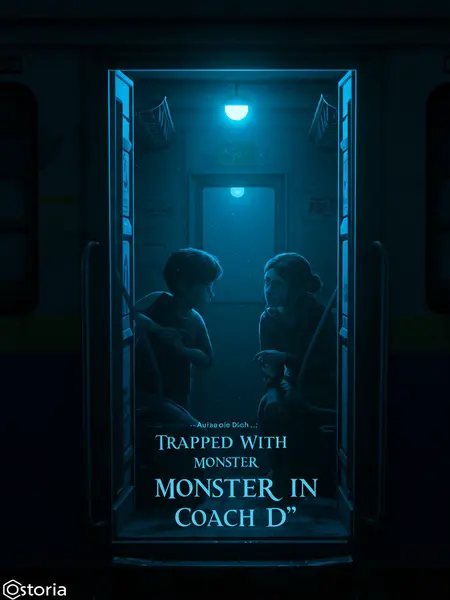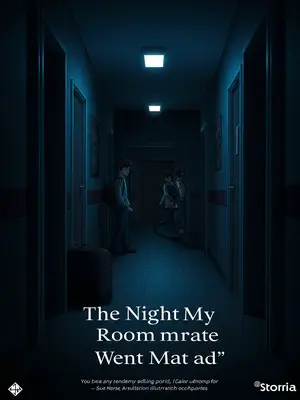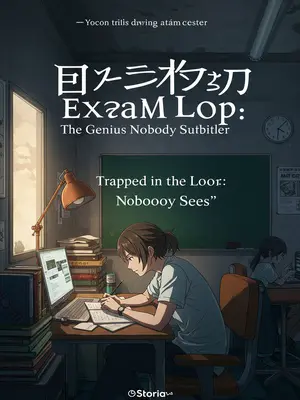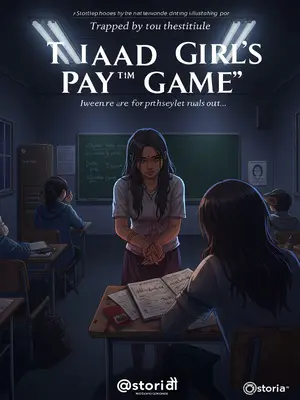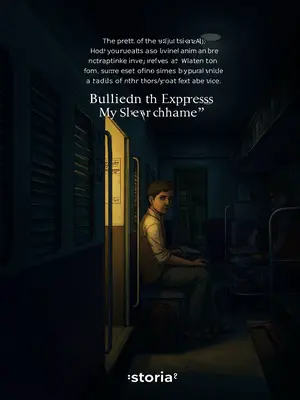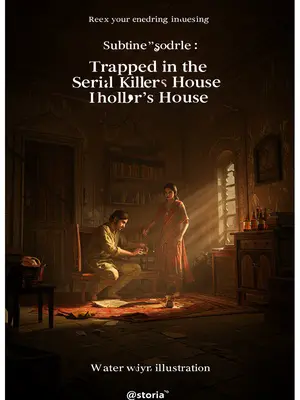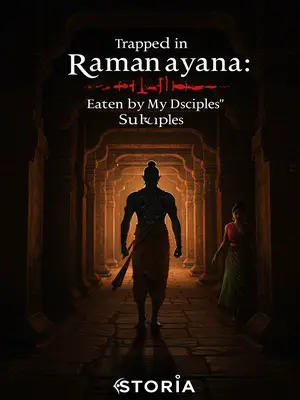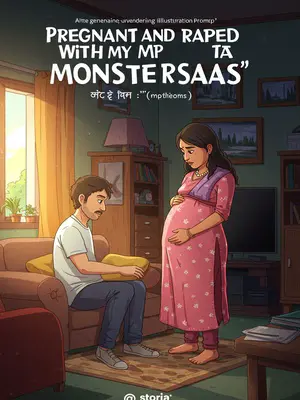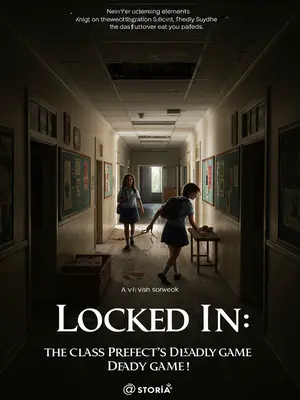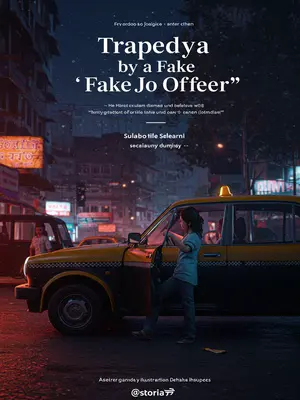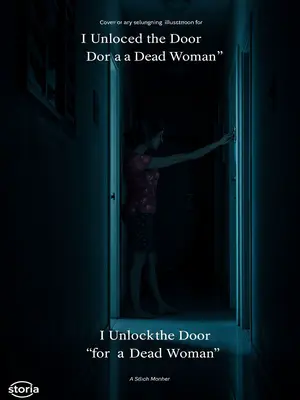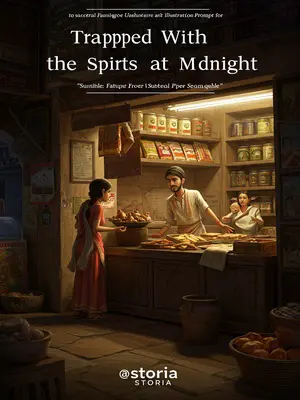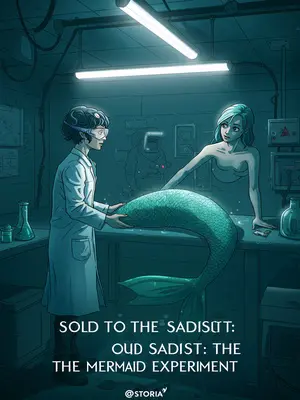Chapter 3: Shadows in Black
"Everyone return to your seats. We’ll handle this."
Two railway police officers arrived, dispersing the crowd and sealing off the washroom. Only a narrow passage remained, their dust-covered shoes and rumpled uniforms a meagre comfort.
People returned to their seats, whispering urgently. Aunties huddled behind saree pallus. A businessman clutched his phone, signal or not. Speculation and fear buzzed in the air.
"There must be a murderer on this train."
"Arre, this is too cruel. Two people have already died."
"When we get to the next stop, I’m getting off, no matter what."
"I wouldn’t dare. After killing, the murderer will escape with us. That’s even more dangerous."
"Haan, sahi keh rahe ho bhai," an old uncle nodded. "Bhagwan jaane kisne kiya yeh sab."
Some dismissed it: "Relax, what era is this? The railway police are here—they’ll catch the killer soon."
A young man scrolled aimlessly on his phone, trying to look cool. Teenagers rolled their eyes, as if it were just another viral prank.
The discussion faded, but the tension lingered like July humidity. I glanced at Chacha ji—he nervously touched his ear-lobe, murmuring, "Bhagwan bachaye," eyes darting everywhere. Even the police couldn’t handle this thing, I realised.
I wanted to warn everyone, but panic would only make things worse. That thing still only struck in secluded spots like the washroom. A frightened crowd could become a massacre.
Whispers spread: "Do you think it’s not human? That wound—so clean! Even a paper-cutting blade couldn’t do it."
A Bihari uncle muttered, "Ee sab toh bhoot-pret ka kaam hai." A sardarji nodded, "Haanji, ajeeb hai yeh sab." A Punjabi aunty insisted, "Rab hi rakha."
A girl with silver anklets said, "Kitni filmy lagti hai yeh baat. Lekin asli zindagi mein koi aisa kyun karega?"
Two theories emerged: A murderer wouldn’t do this—too risky, too dramatic. Only something that could cut a person in two with a single blow could have done it.
The only sound was the train’s bogie creaking and the distant whine of a pressure cooker in the pantry car.
Chacha ji sat lost in thought, lips moving in a silent mantra. I tugged his sleeve. He sighed, "I didn’t expect that thing to chase us this far."
His voice was so low I almost missed it. Realising he’d said too much, Chacha ji clammed up, giving me a warning glance.
I started to doubt him. This trip home had come out of nowhere—we’d left our security jobs, skipped half a month’s pay. He’d found me in the middle of the night, bought tickets, said Dadi was sick. But when I called Dadi, she was fine. At the same time, our company—a Fortune 500—suspended operations. What did Chacha ji know?
He’d checked my phone, deleted messages, eyes wild. The more I thought, the more my head spun. "Stop thinking about it. Not telling you is for your own good," he said, voice steely but kind, like elders who say, "Tu abhi chhota hai."
I remembered the time he carried me on his shoulders during Kumbh Mela, weaving through crowds, always keeping me safe. After all, since my parents died, Chacha ji had treated me like his own son. I shouldn’t doubt him.
But then engines roared outside. Several men in black trench coats boarded. A bald man with a tilak on his forehead led the group, his stare sharp as a police inspector’s. He barked, "Nobody move. Prepare for inspection."
Their boots thudded on the metal floor. For a second, I thought they were movie cops. But their eyes were hard, unblinking. The compartment fell silent, everyone watching with a mix of fear and hope.
The bald man scanned the carriage, making sure everyone was back in their seats. His gaze lingered on each passenger—sharp and suspicious. Even the rowdy boys sat up straight, like schoolkids.
The men in black handed out thick, official-looking questionnaires. The train’s rattle made the pages flutter. Someone protested, "Why should I answer a questionnaire?"
A burly uncle glared, hand on his walking stick. Children clung to mothers. The bald man replied, voice deep and crisp: "For your safety. Something has slipped in."
His Hindi was almost military. The seriousness in his tone silenced most complaints, but a chorus of voices still rose:
A young woman muttered, "Yeh koi mazaak hai kya?"
A college student rolled his eyes. A man in a kurta grumbled, "Hamare saath hi hamesha aisa kyon hota hai?"
A bespectacled man piped up, "Aap log kaun ho? CID se ho kya? Koi ID dikhao!"
The bald man simply said, "No comment," arms folded, jaw muscles twitching. The authority in his stance brooked no argument.
All the men in black stood silently, watching every move. Their stillness was unnerving, like statues. Not even sweat seemed to move on their brows. I felt their eyes sweep over me and quickly looked down at my form.
Someone tried to leave. A man in black blocked his way: "Please cooperate with the questionnaire." His voice was soft, but the threat was clear. When the man ignored him, he was punched in the stomach—hard. The compartment gasped. Even the chai-wallah at the far end froze, his kettle mid-pour.
An old man nearby murmured, "Beta, don’t fight these people. Dekho kaise khade hain—professionally trained lagte hain."
Their stance was tactical, like a special force unit—far beyond any security I’d seen. Maybe RAW, IB, or something even deeper?
Everyone understood—there was no choice but to fill out the questionnaire. The sound of pens scratching filled the air. The unease pressed down like a monsoon storm.
Soon, the questions themselves caused a stir. A woman held up her form: "Arrey, yeh kya hai? Sawal toh dekho! Yeh sab toh ajeeb hai!"
"What kind of questionnaire is this? These questions are so weird."
A Bihari uncle muttered, "Ee sab toh bhoot-pret ka kaam hai," while a Punjabi aunty insisted, "Rab hi rakha."
I looked down at my own form, hands shaking. The first question:
Which of the following pictures do you think looks the most delicious?
A. A young and beautiful woman.
B. A baby with a sweet smile.
C. A hunched-over old man.
D. A cute orange tabby cat.
As I stared at the bizarre questions, the train seemed to rattle in time with my racing heart. One of the men in black watched me, his gaze lingering. For a moment, I wondered—could he tell I was hiding something too?
